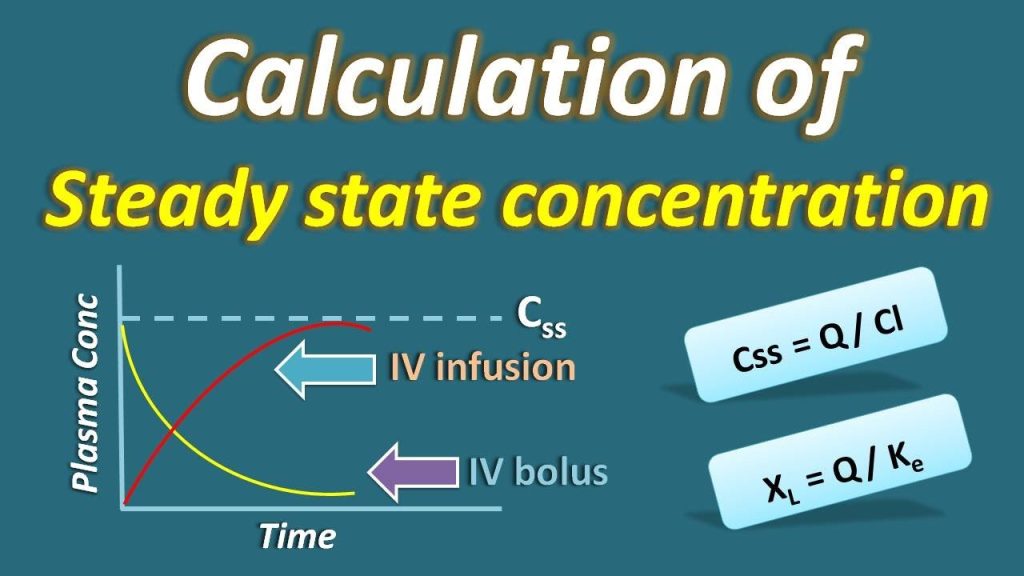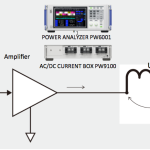That can be said to be the condition of ”rest”, after all the changes/alterations were made. This may imply, for examples, that nothing at all happens, or that a ”steady” current flows, or that a circuit has ”settled down” to final values – that is until the next disturbance occurs.
If the input signal is not time invariant, say if is a sinusoid, the steady state will not be invariant either. The response of a systematic convergence can be considered to be composed of a transient response: the response to a disturbance, and the steady state response, in the absence of disturbance.
The transient part of the response tends to zero as time since a disturbance tends to infinity, so the steady state can be considered to be the response remaining as T -> infinity.
In this case we make an assumption for error we can determine by calculation the extent of statistics how much power there is according to the formulae. Deducing the theory of certain parts of a sinuous making plausible solution in understanding the intricate mechanism of a steady state solution.


